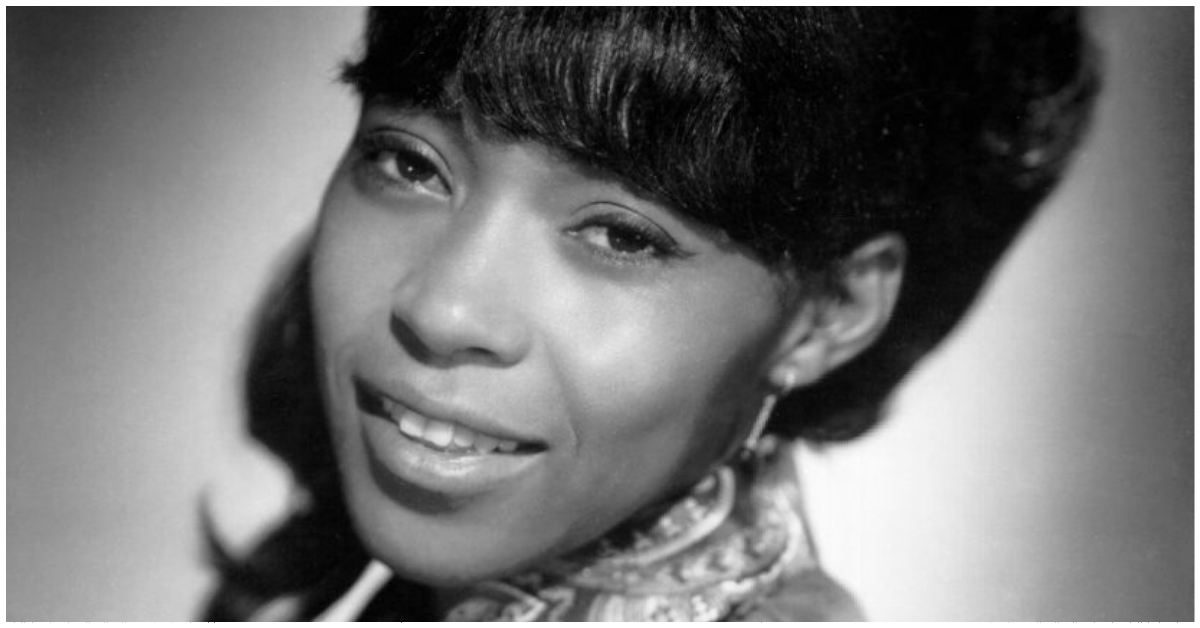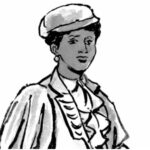Linda Martell, born Thelma Bynem in 1941, overcame racial barriers to make history as the first Black female artist to perform at the Grand Ole Opry in 1969.
Though her career was tragically cut short, her triumphant struggle for acceptance paved the way for today’s Black country stars.
Humble Beginnings
Growing up in the segregated South, young Thelma sang gospel in church and formed an R&B trio with her sisters in the late 1950s. Though the group found little success, Martell’s powerful voice continued attracting attention in local clubs.
In 1969, agent Duke Rayner spotted her talent and brought her to Nashville. Committed to launching the first Black female country star, he gave her a new stage name – Linda Martell.
A Star Is Born
Within 72 hours of arriving in Nashville, Martell recorded her first country single – a cover of The Winstons’ R&B hit “Color Him Father.”
To Rayner’s delight, Martell’s very first country release broke into the Top 25 on the Billboard country charts in 1969. Capitalizing on her momentum, he secured her performances at the legendary Grand Ole Opry.
Triumphant Opry Debut
On August 1, 1969, Linda Martell made history as the first Black female solo artist to perform at the Opry. While the coveted stage had hosted various Black male artists like DeFord Bailey and Charley Pride, Martell shattered the gender barrier.
Her iconic achievement was acknowledged with not one but two standing ovations from the Nashville crowd that night. She would go on to play the coveted stage over 10 more times in her career.
A Career Cut Short
Though her star burned bright for a few years, Martell soon found her career stifled by the racial prejudice that still lingered in much of country music’s audience.
Promoters canceled shows when they realized she was Black. Hecklers shouted cruel slurs. Eventually her label prioritized white stars and left Martell struggling to book shows.
Still, her bold presence forever transformed the genre’s unspoken racial exclusions. Decades later, modern Black female stars like Mickey Guyton continue benefiting from the inroads Martell courageously blazed at a pivotal cultural moment.
Her inspiring story proves that talent and determination can overcome even the highest barriers. The Grand Ole Opry now proudly displays Linda Martell’s trailblazing legacy for all to see.





